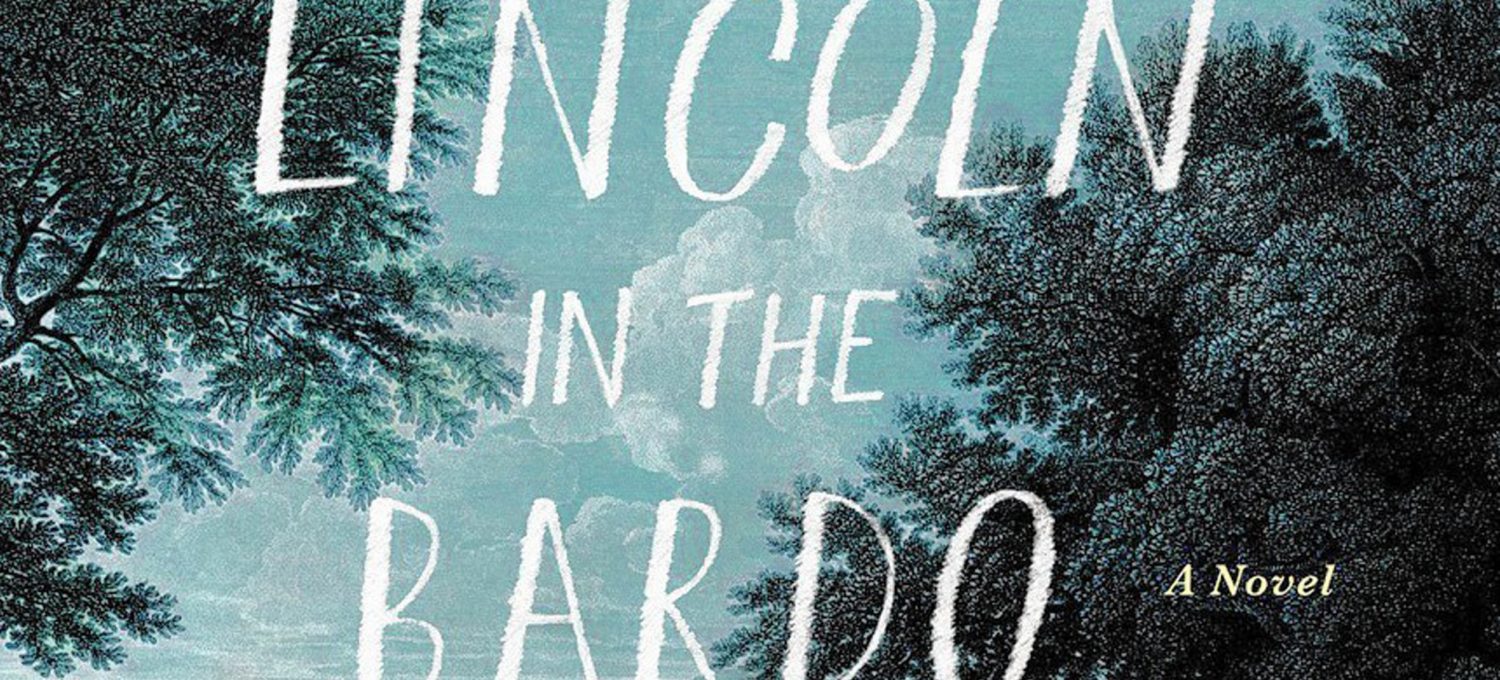The Tibetan word “bardo” means intermediate or transitional state. For Buddhists, it’s that place between life and re-birth…what some Christians might refer to as purgatory. It’s also the setting for George Saunders’ first novel, Lincoln in the Bardo (Random House, 368 pgs), a hilarious and heart-wrenching narrative that uses the afterlife to reflect on our experiences of life, death, grief, regret, and hope in ways that few other novels do.
Saunders takes a historical moment, the death of President Lincoln’s son Willie, as the framework for his tale. Around this, he casts a motley crew of supernatural characters, among whom readers will find one or two that hit a little too close to home. The chief narrators are Hans Vollman and Roger Bevins III. The former died before he could consecrate his marriage to a beautiful–and much younger–woman (and now must manage an obscenely engorged penis), while the latter killed himself over unrequited gay love (and suffers new eyes and limbs that constantly appear on his body). Like their peers, Vollman and Bevins refer to their coffins as “sick boxes” and hope that they will one day be well enough to return to the land of the living. Only one spirit, the Reverend Everly Thomas, knows their true state and what awaits them should they pass on. Willie’s arrival to the bardo, and his father’s subsequent visit to the crypt, throws the spirits into disarray as it provides them with a renewed sense of hope for their escape.
Saunders’ interpretation of the afterlife is one of greater moral complexity than the simple Heaven and Hell dichotomy that animates so much of Christian—and secular—thought. Here, characters take on grotesque appearances that symbolize their lived immoralities. Their day-to-day activities are simply heightened repetitions of their previous exploits, errors, or obsessions. Most of the spirits’ dialogue is nothing more than a continual airing of grievances: life wasn’t fair because…, I could’ve made it if only…, and the list goes on.
In some ways, Lincoln in the Bardo brings to mind C. S. Lewis’ The Great Divorce, another non-traditional take on the afterlife, in that they both imply Paradise is often a matter of choice. We can choose—in this life and the next—a better existence through loving, compassionate interactions with one another. On the other hand, we can also choose to live in tombs of our own making. And as Saunders provides a fresh take on foundational events in American history (namely slavery and the Civil War), it should come as no surprise that we now inhabit a similarly grotesque nation.
Lincoln in the Bardo is already one of my favorite books of the year, and will likely remain on that list.
